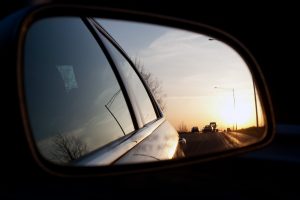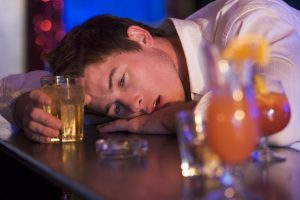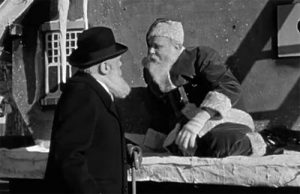Three or More DUIs Put You in a Different Category—What to Expect
 Here in California, even a single DUI conviction can complicate your life greatly. A first-time conviction can cost you jail time, license restrictions, fines and mandatory classes—not to mention embarrassment in your home and professional life. However, these difficulties pale in comparison to what you could face for multiple DUIs. By the time you reach three or more convictions, California law places you in an entirely different category, in part thanks to the “three-strike” criminal penalty structure. If you are facing your third (or more) DUI conviction, you’ll need to be prepared for some major changes in your life.
Here in California, even a single DUI conviction can complicate your life greatly. A first-time conviction can cost you jail time, license restrictions, fines and mandatory classes—not to mention embarrassment in your home and professional life. However, these difficulties pale in comparison to what you could face for multiple DUIs. By the time you reach three or more convictions, California law places you in an entirely different category, in part thanks to the “three-strike” criminal penalty structure. If you are facing your third (or more) DUI conviction, you’ll need to be prepared for some major changes in your life.
The penalties for three or more DUI convictions within 10 years are spelled out in California Vehicle Code 23546 and 23548. We’ve summarized the key points below so you’ll know what to expect and how to prepare.
Be Prepared to Spend Time in Jail
 Los Angeles DUI Attorney Blog
Los Angeles DUI Attorney Blog










